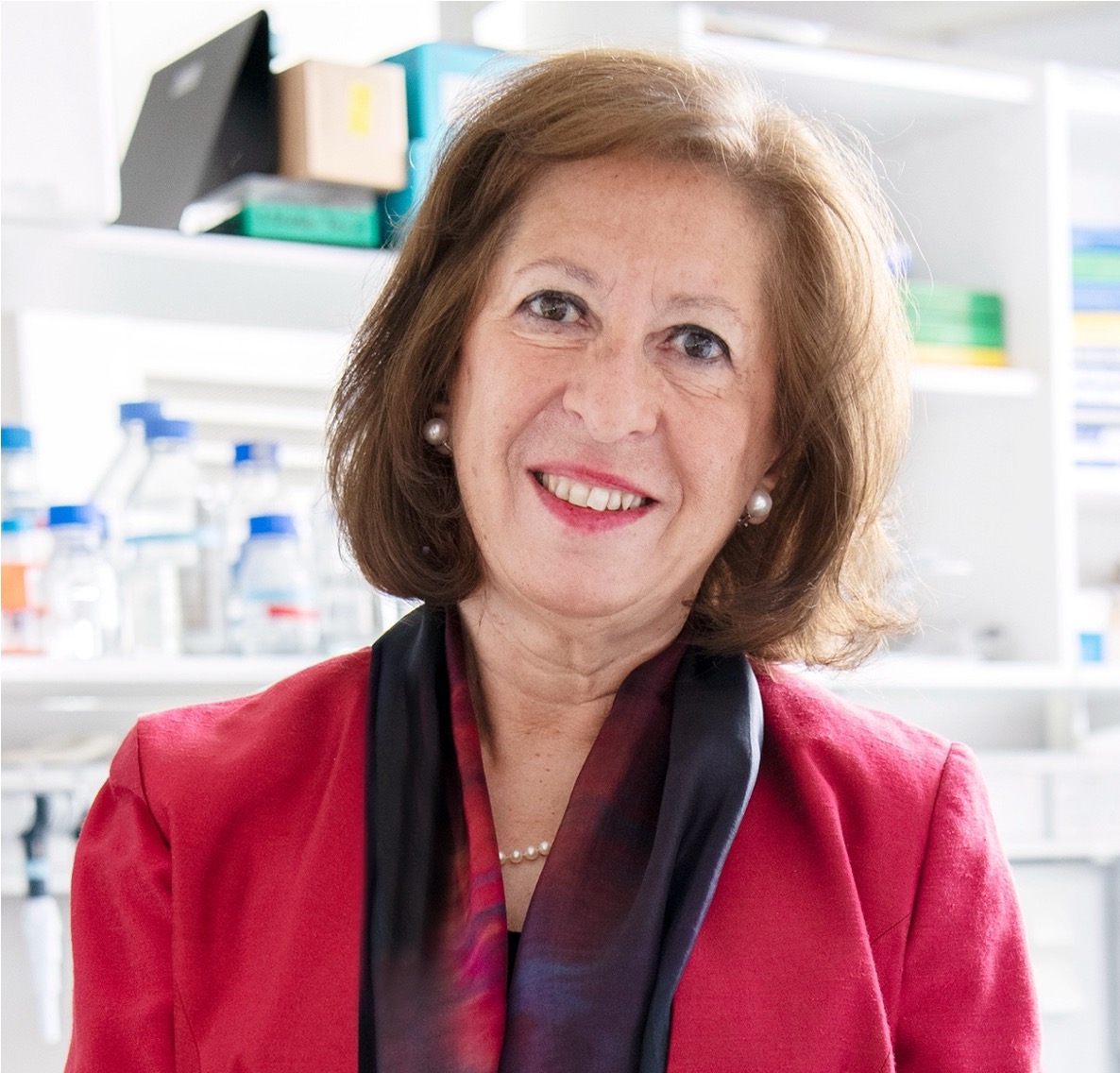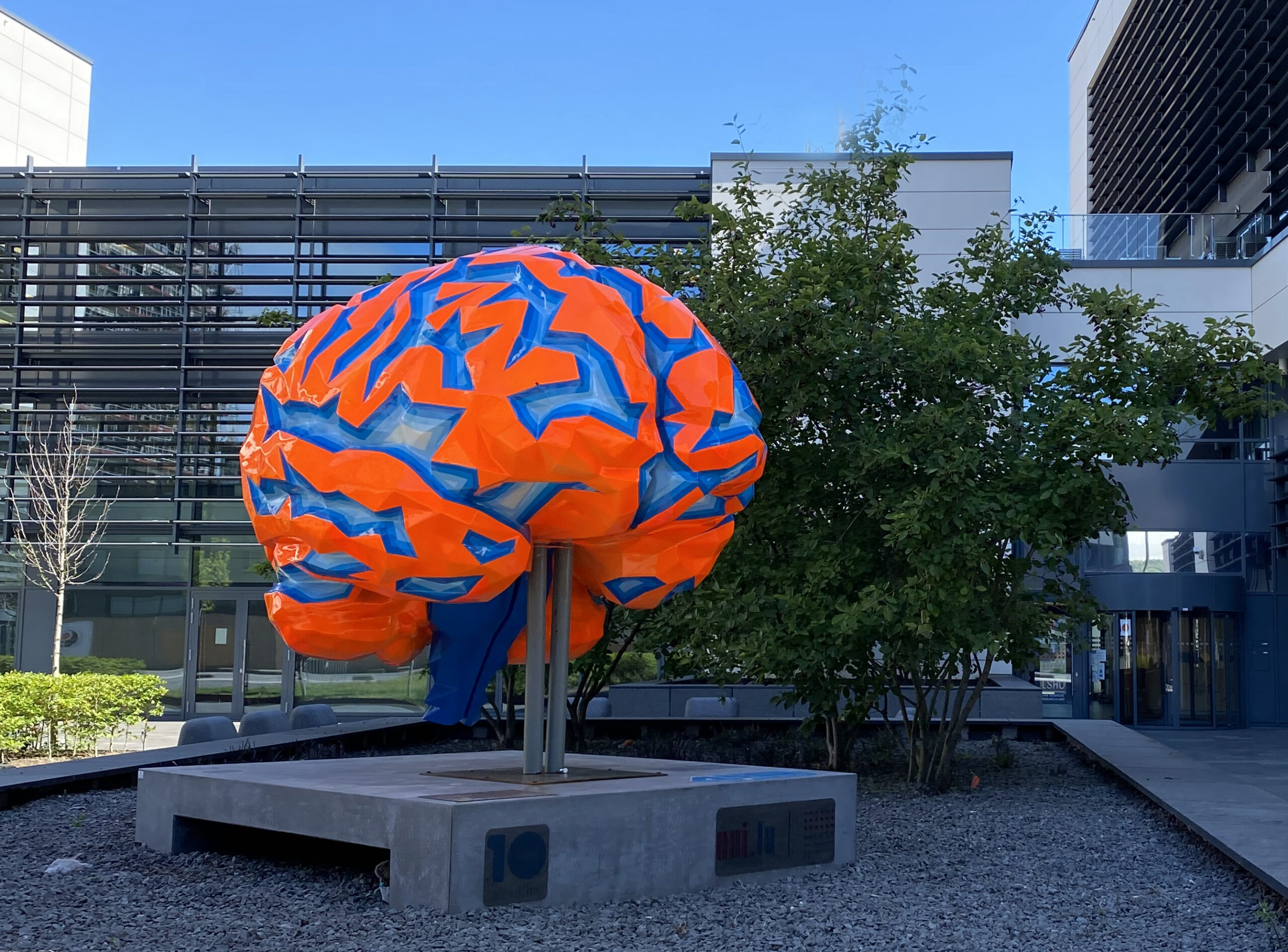The presentation will be followed by a Q&A session and an informal networking aperitif with light snacks and refreshments.
For additional opportunities to engage with the speaker, please contact Caroline Belot or Cathia Rausch.
Glia cell involvement in the neurodegenerative process
in tauopathies
The microtubule-associated protein tau aggregates in multiple neurodegenerative diseases known as tauopathies. We have found that astrocytes become dysfunctional and lose their supporting function early on during the progression of tau pathology in P301S tau mice, a transgenic model where mutant human tau is specifically expressed in neurons. In the P301S mice, microglia activation instead becomes evident when tau aggregates are present. Microglia phagocytose live neurons containing tau aggregates becoming hypofunctional and starting to release tau seeds, acting as vectors of tau aggregate spreading.These microglia express a senescence-like phenotype, as shown by acidic
ß-galactosidase activity, secretion of paracrine senescence-associated cytokines, cellular stress and maturation of matrix remodelling enzymes, results that are corroborated in P301S mouse brains and ex vivo brain slices. All together, these results show that glial cells are critically involved in the development of neurodegeneration due to tau pathology.
About the speaker
Born in Arezzo (Italy), Maria Grazia Spillantini received a Laurea in Biological Sciences from Florence University and a PhD in Molecular Biology from Cambridge University working at the MRC Laboratory of Molecular Biology. In 1996 she moved to the Department of Clinical Neurosciences at Cambridge University, where she was first a Lecturer, then a Reader, and since 2007 Professor of Molecular Neurology. With her collaborators she identified alpha-synuclein as the component of the filaments that form the Lewy bodies in Parkinson’s disease, dementia with Lewy bodies and the glial inclusions in multiple system atrophy and described one of the first mutations in the MAPT gene causing frontotemporal dementia. She has received several awards, including the Potamkin Prize and the Thudicum Medal. Among others she is a Fellow of the Royal Society, the Academy of Medical Sciences, the Academia Europaea, and Knight Officer of the Star of Italy. She is a member of the Scientific Advisory Board of the LCSB.

The Neuroscience Lecture Series is supported by the Luxembourg National Research Fund (FNR) RESCOM Program (RESCOM24/18810230/Neurosciences_LS).

